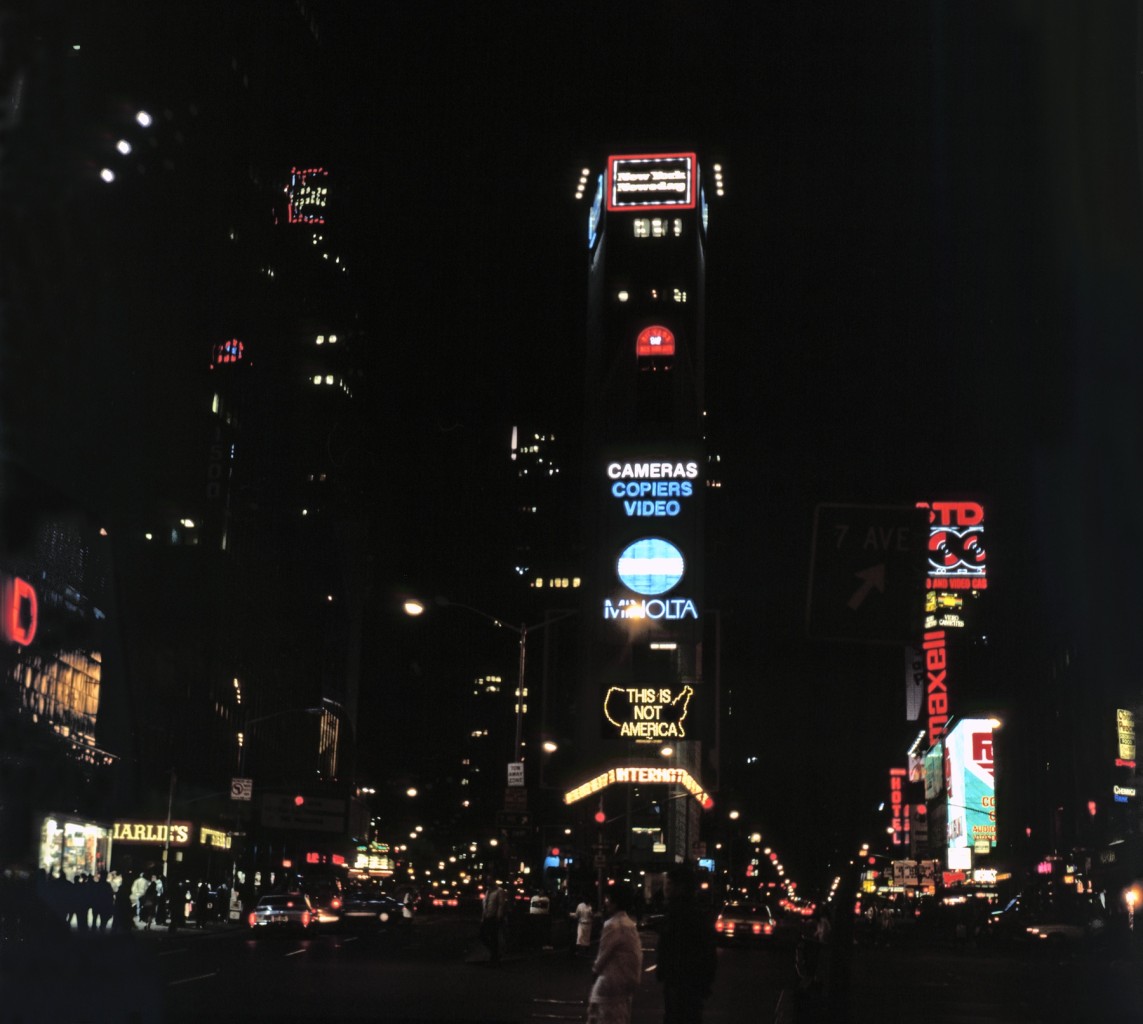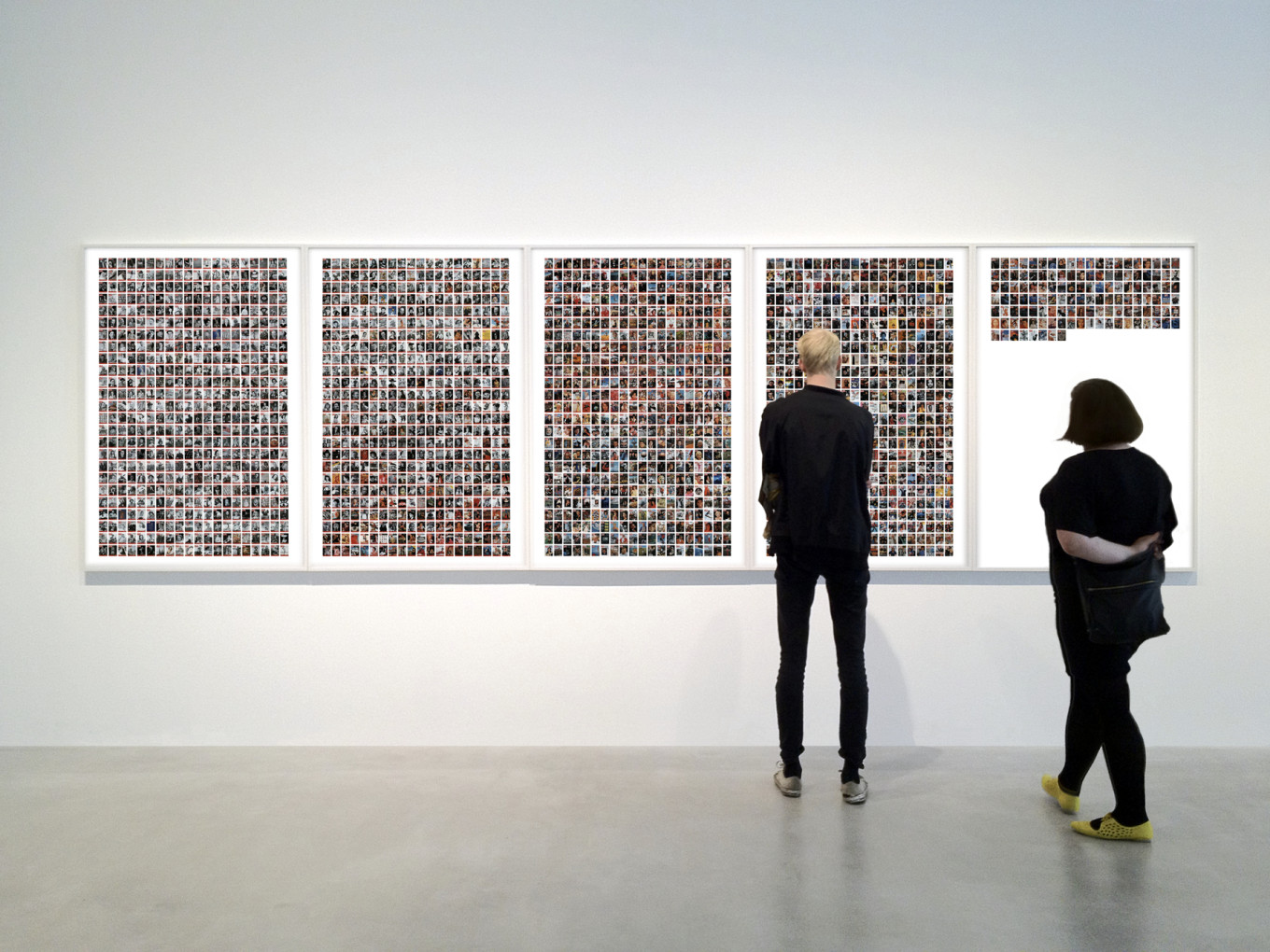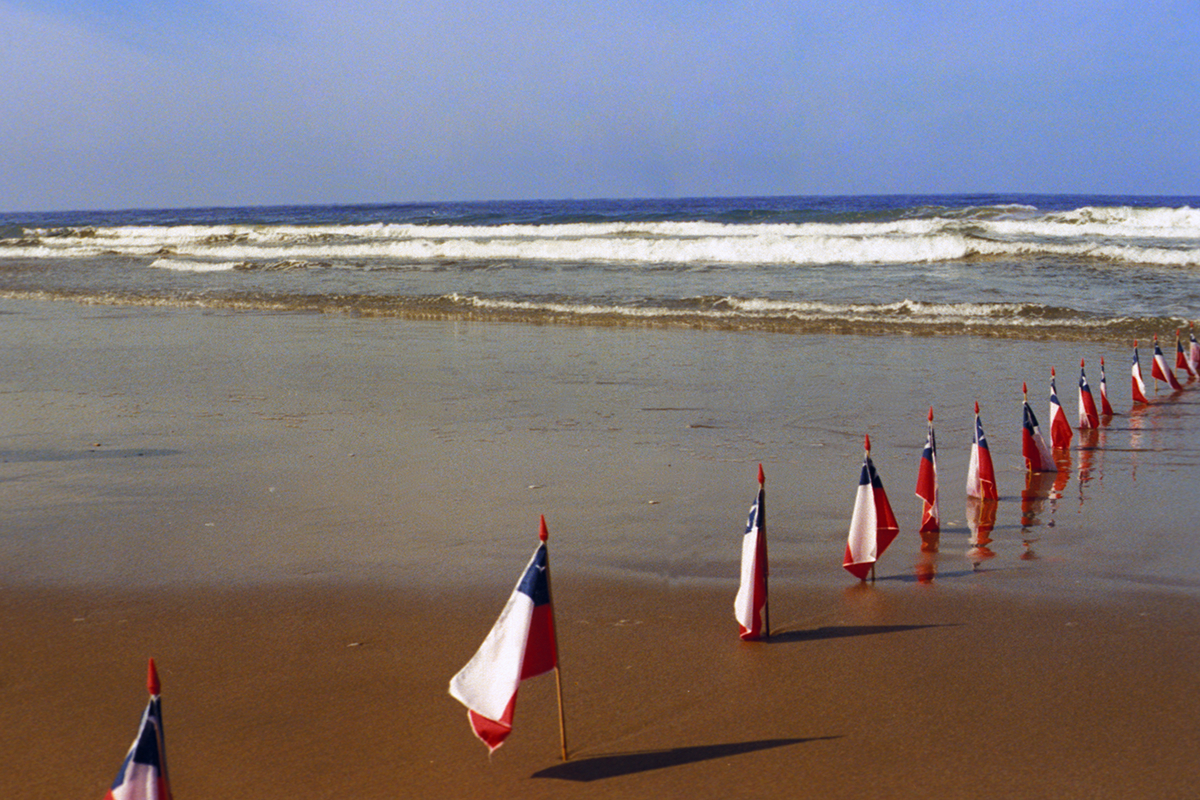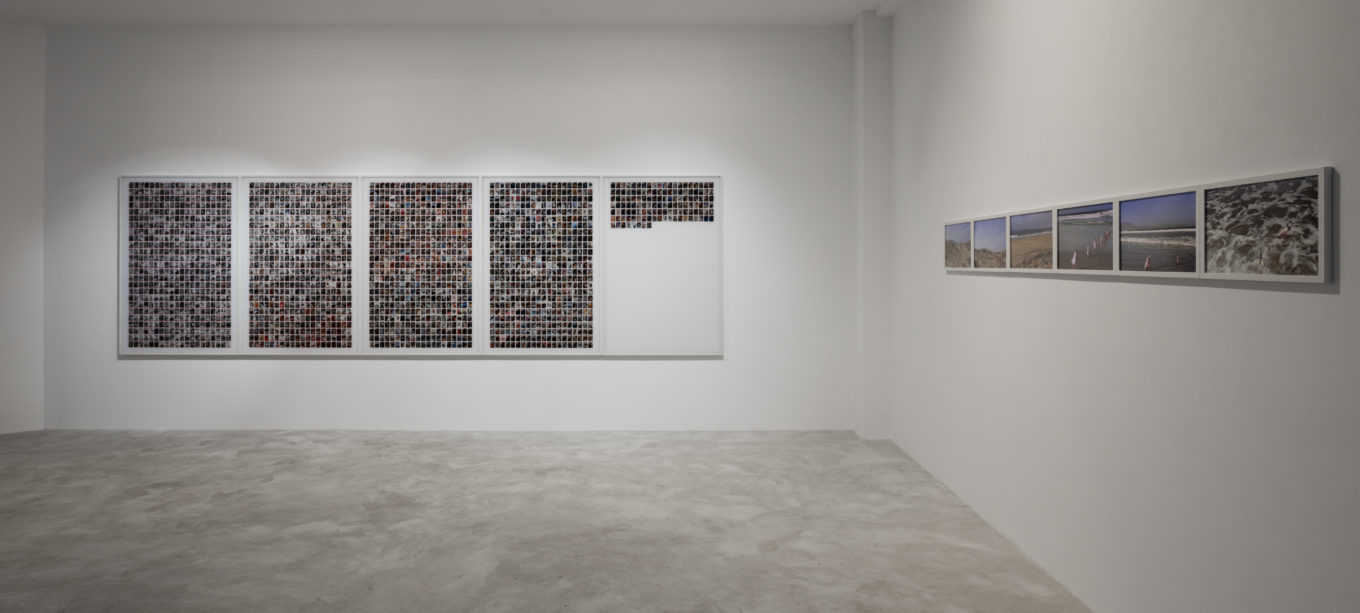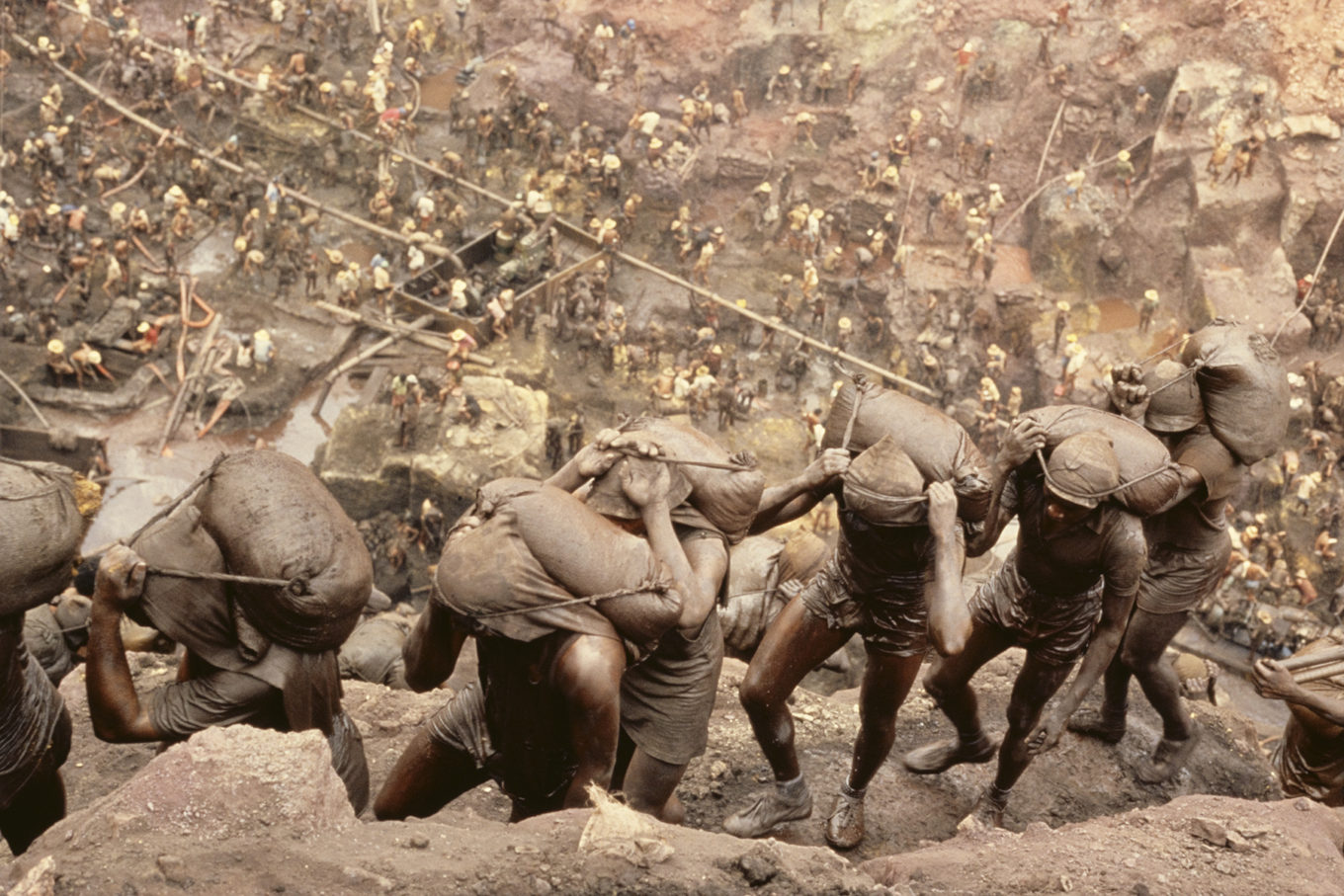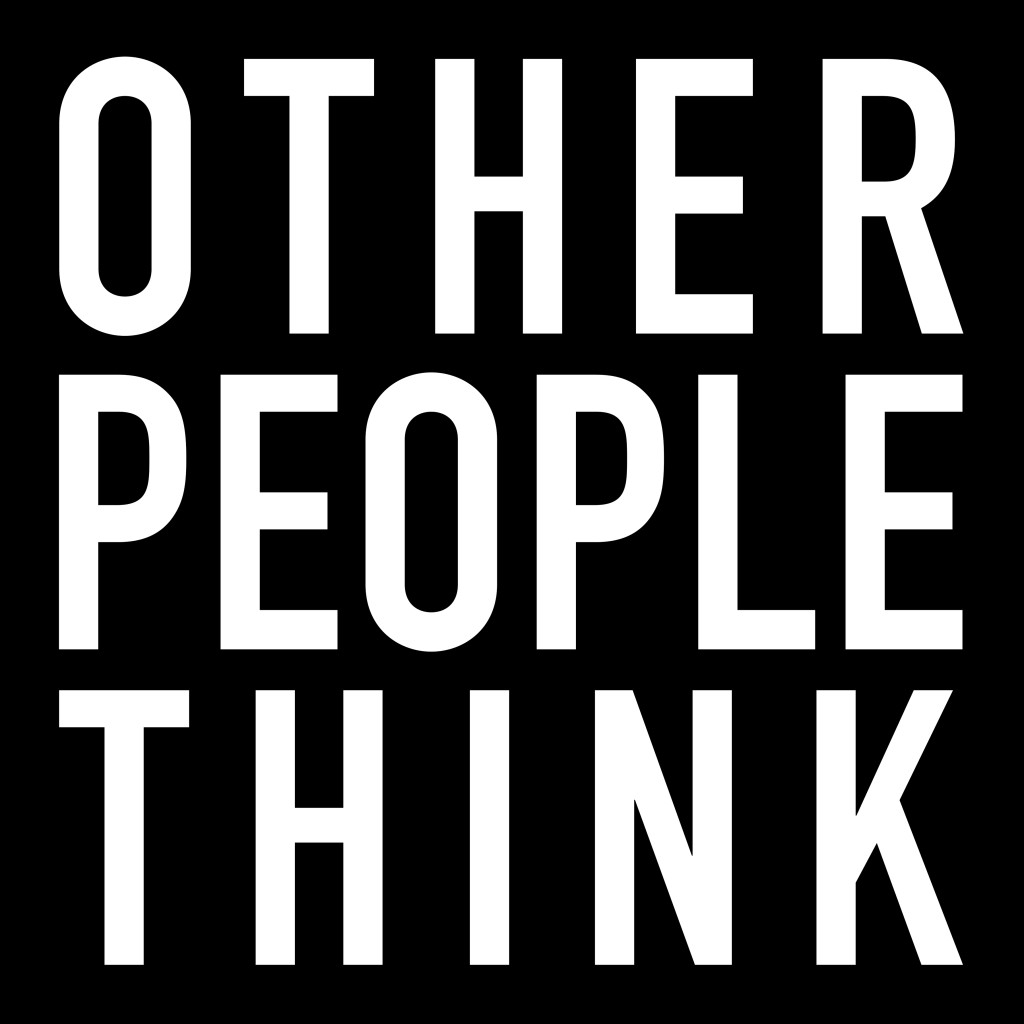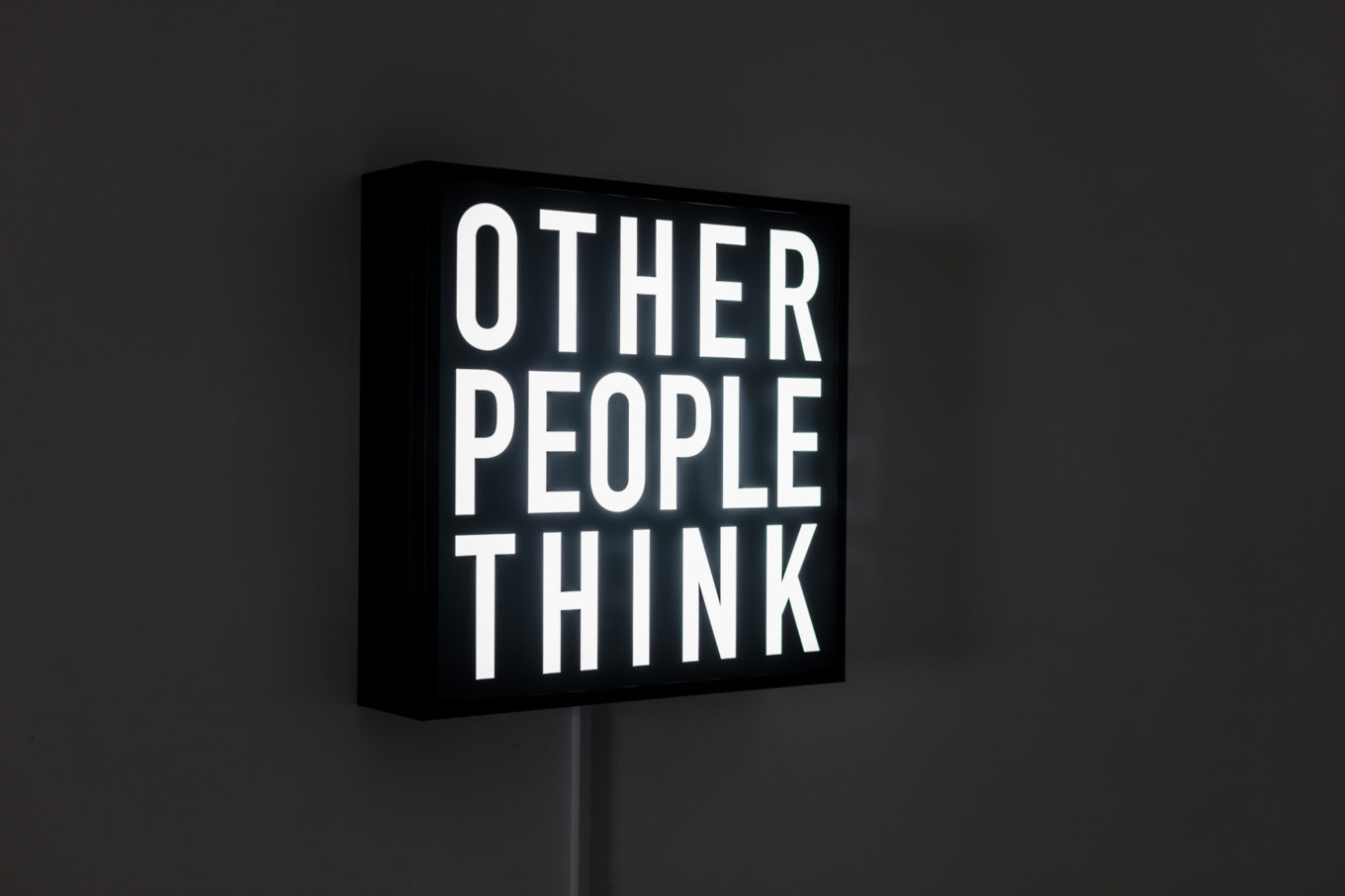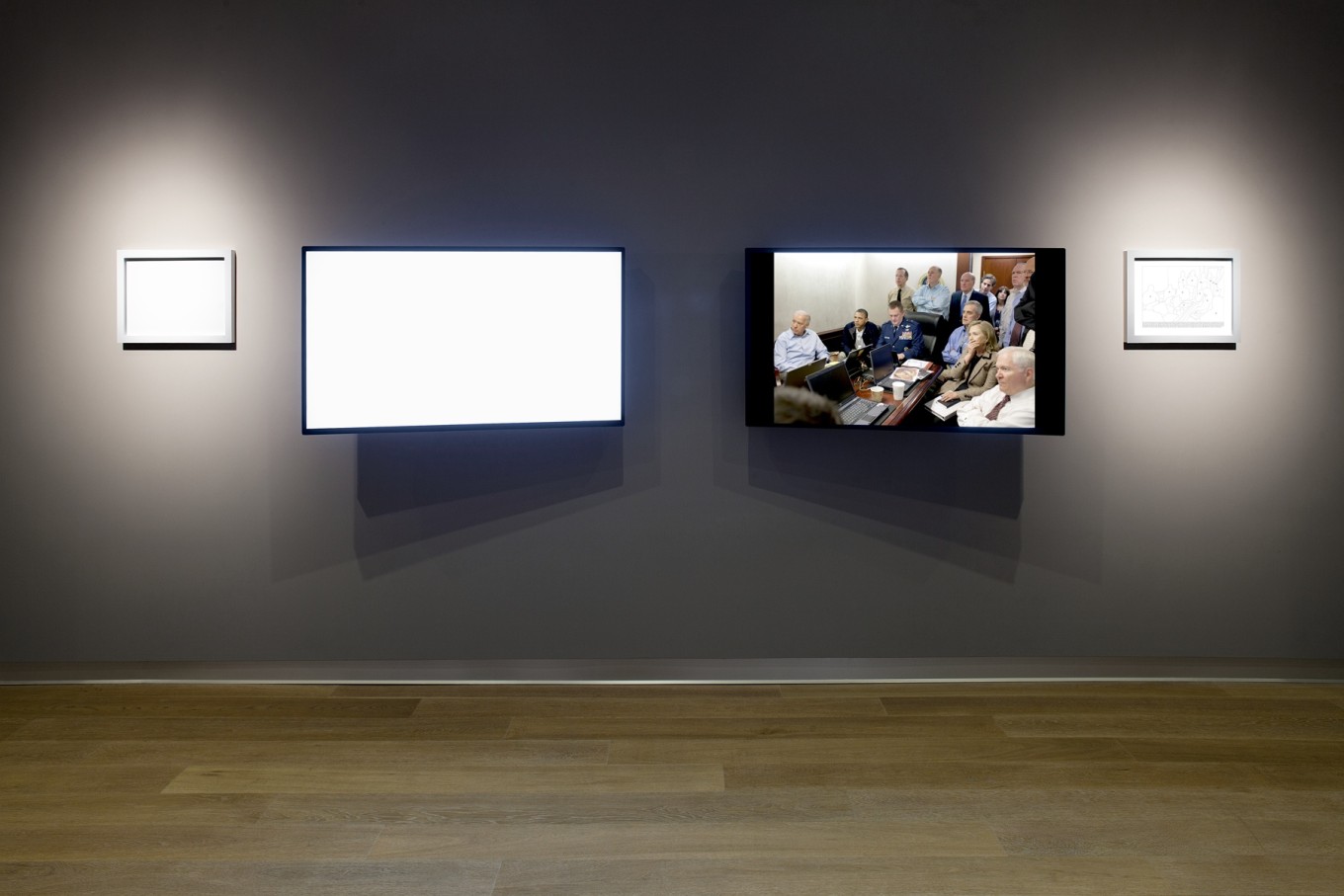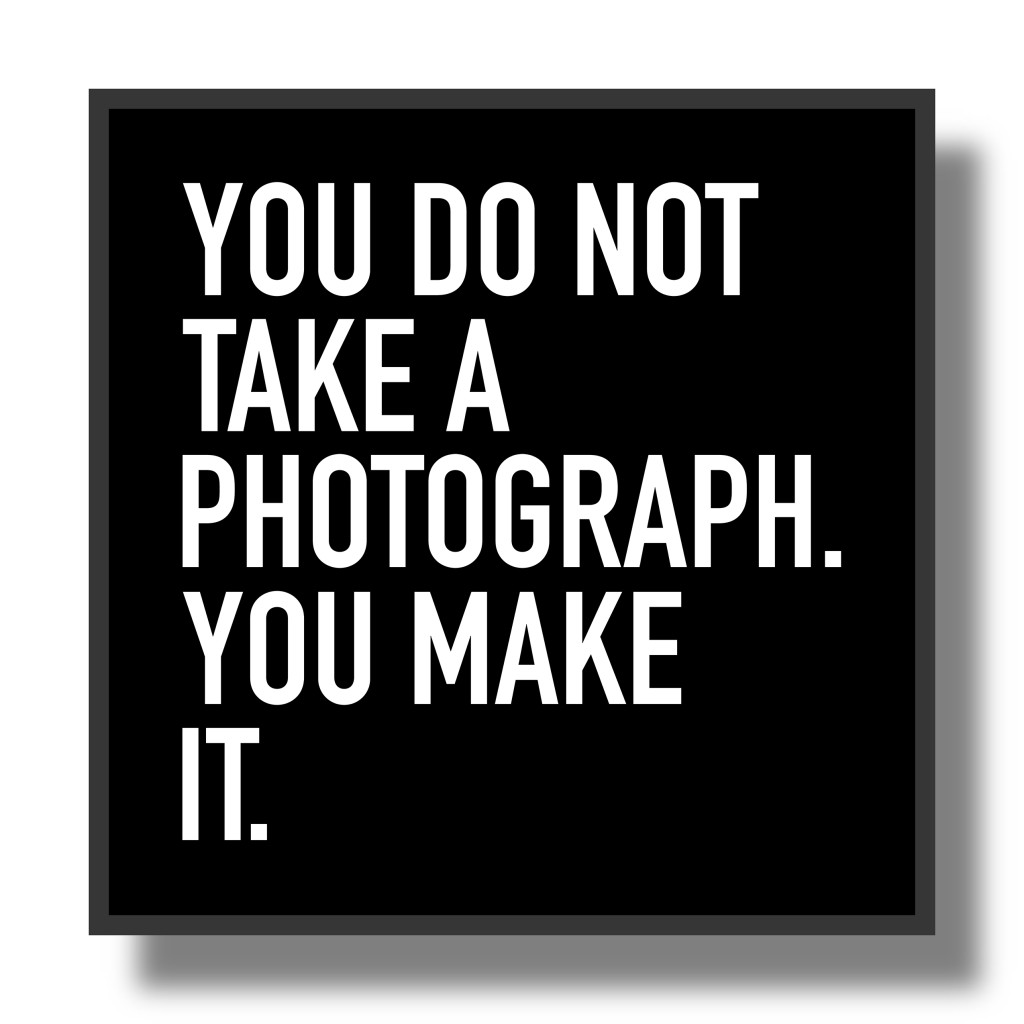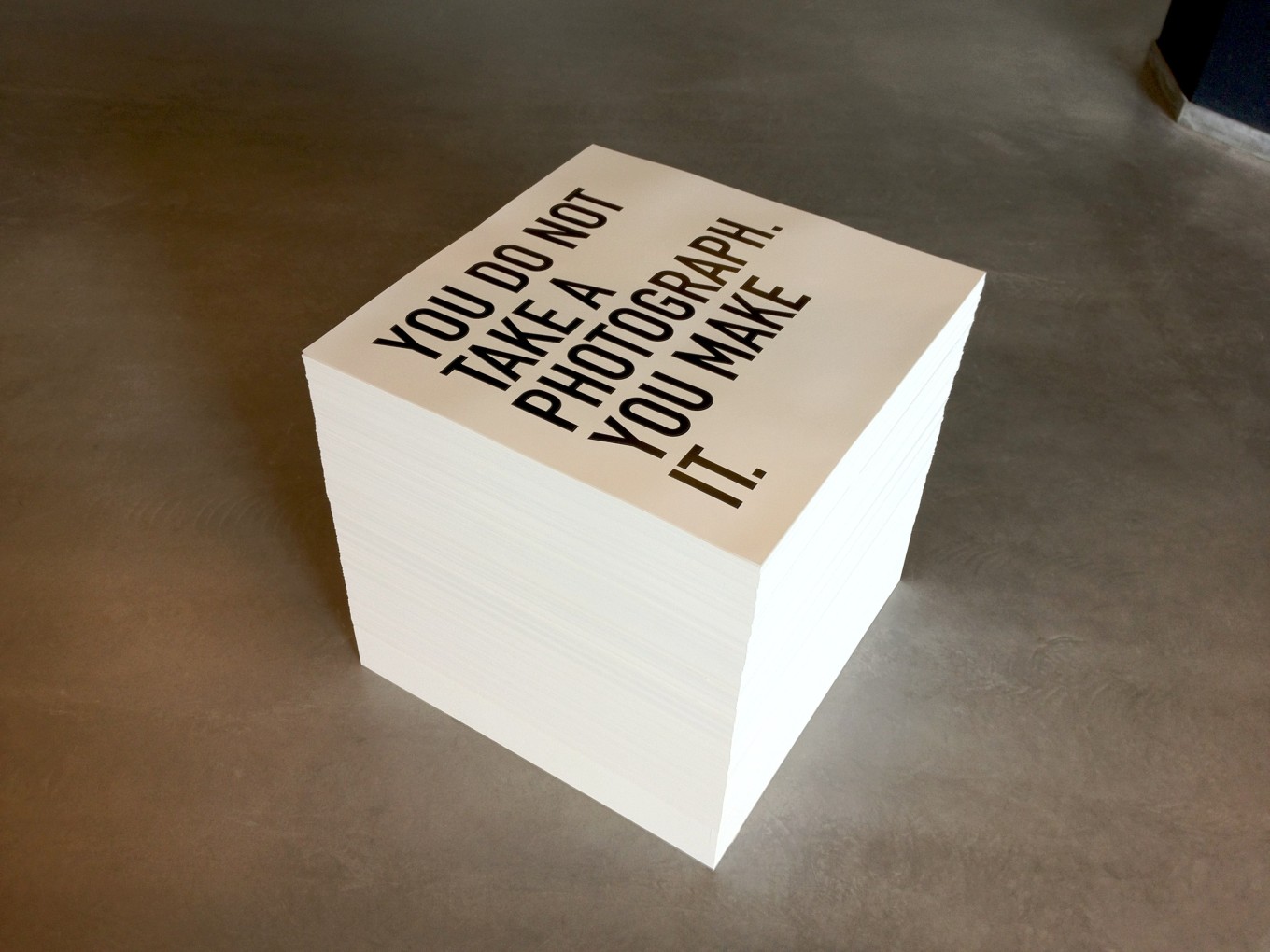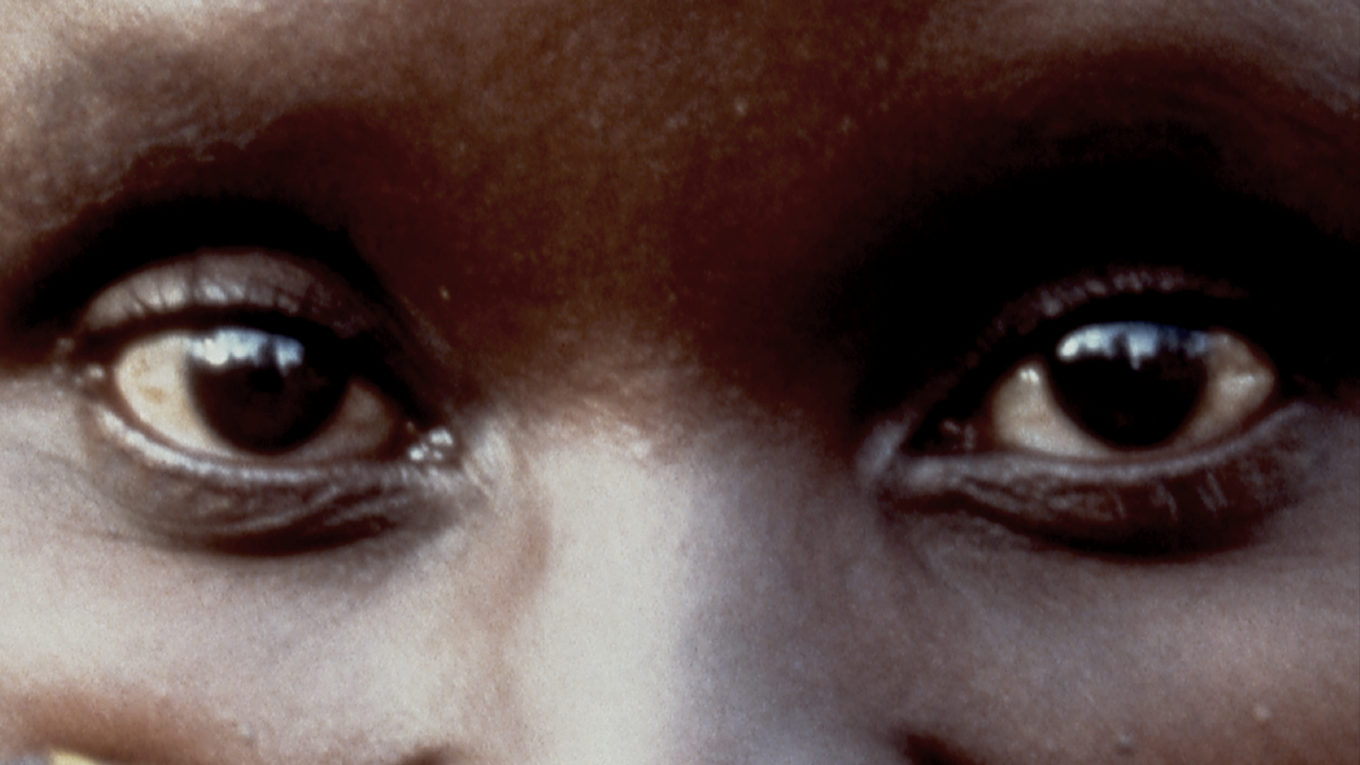One of the most uncompromising artists working today, internationally acclaimed artist Alfredo Jaar is making his first visit to New Zealand and presenting a solo exhibition in May 2016 at Trish Clark Gallery, the first exhibition of Jaar’s work in a private gallery in Australasia.
Jaar lives and works in New York. Among many other awards, he received a Guggenheim Fellowship in 1985 and the highly prestigious MacArthur Fellowship in 2000. Jaar has twice been included in Documenta in Kassel, La Biennale di Venezia four times (including 2013 when he represented Chile), and the Sao Paolo Biennale three times. Jaar’s retrospective ‘The Way It Is. An Aesthetics of Resistance’ was mounted across three institutions in Berlin in 2012; other important solo exhibitions have been mounted at The New Museum of Contemporary Art, New York; Whitechapel, London; the Museum of Contemporary Art, Chicago; Museum of Contemporary Art, Rome; and Moderna Museet, Stockholm.
ALFREDO JAAR: THE POLITICS OF IMAGES presents works spanning Jaar’s practice, from the last work made in Chile in 1981 before leaving Chile under military rule for New York, to the recent work Other People Think that contextualises a life spent creating images from politically and culturally contested situations of exploitation, oppression and violence.
Also included are: Jaar’s 1985 film, Introduction to a Distant World, hypnotically insightful, filmed and photographed in Serra Pelada, the Brazilian open-cast gold mine; an image of his instantly recognisable 1987 ‘intervention,’ A Logo for America, now in the Collection of the Guggenheim Museum – the Times Square billboard that famously reminded North Americans that their borders do not constitute ‘America’; two major works from the mid-90’s powerfully referencing the West’s prolonged apathetic response to Africa generally and specifically to the atrocities of the Rwandan massacre; a 2011 work utilising the infamous image of America’s war-room oversight of the killing of Osama Bin Laden; and another recent text-based work on the making of images.
Jaar has remained ever alert to ‘the moral quandary of spectatorship’. His work is highly respected for its conceptual rigour, its aesthetic strength, and its humanist heart. The very situations that Jaar addresses in his work should emphasise the fraught nature of images in conveying understanding and meaning; instead, through Jaar’s singular sensitivity, the profane is transformed into experiences of great power and beauty, underlining the politics of images.
Eyecontactsite review by John Hurrell →
Ocula Conversation by Kate Brettkelly-Chalmers →
Radio New Zealand Upbeat interview →
View artist’s page →

